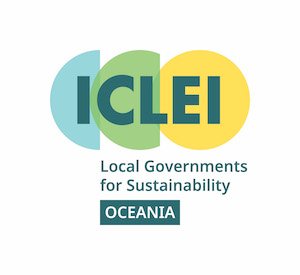Urban solutions for mass species extinction
A new international scientific report warns of grave impacts to come as nature declines at an unprecedented rate. The report from the Intergovernmental Science-Policy Platform on Biodiversity and Ecosystem Services (IPBES) estimates that one million species are threatened with extinction today and that extinction rates are accelerating.
“The health of ecosystems on which we and all other species depend is deteriorating more rapidly than ever. We are eroding the very foundations of our economies, livelihoods, food security, health and quality of life worldwide.”
IPBES Chair, Sir Robert Watson
The report identifies 4 major culprits for this breakdown in ecosystems:
Changes in land and sea use
Direct exploitation of organisms
Climate change
Invasive species
As Urban policy makers, local government can play an instrumental role in responding to this challenge. We can respond both to climate change and develop strategies to maintain and improve biodiversity.
The role of urban intervention
Urban areas have more than doubled since 1992, contributing to the biodiversity crisis outlined above.
Urban interventions are therefore a key to addressing this crisis. The report presents a collection of potential actions to protect biodiversity.
These include:
implementation of nature-based solutions
increasing access to a healthy urban environment for low-income communities
improving access to green spaces
improving ecological connectivity within urban spaces, particularly with native species
The CitiesWithNature initiative founded by ICLEI, TNC and IUCN, aims to enhance the value of nature in and around cities. It provides a shared platform for cities and their partners to engage and connect, working with shared commitment towards improving biodiversity and ecosystem connectivity in cities.


